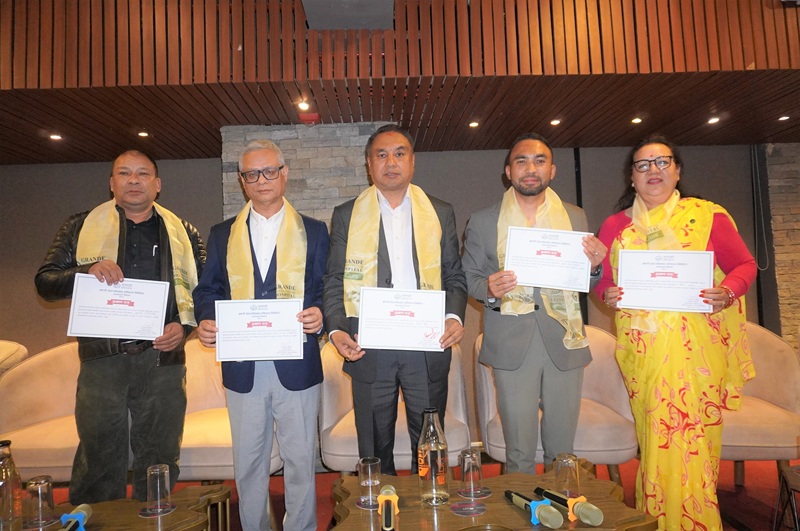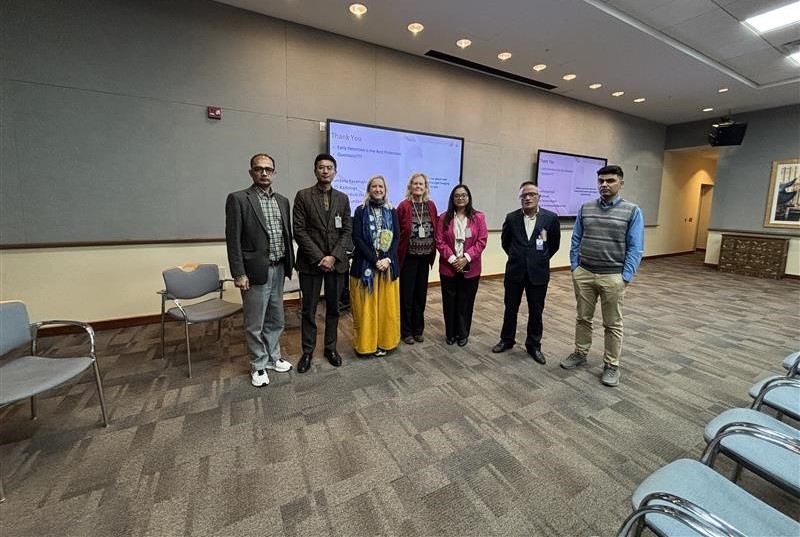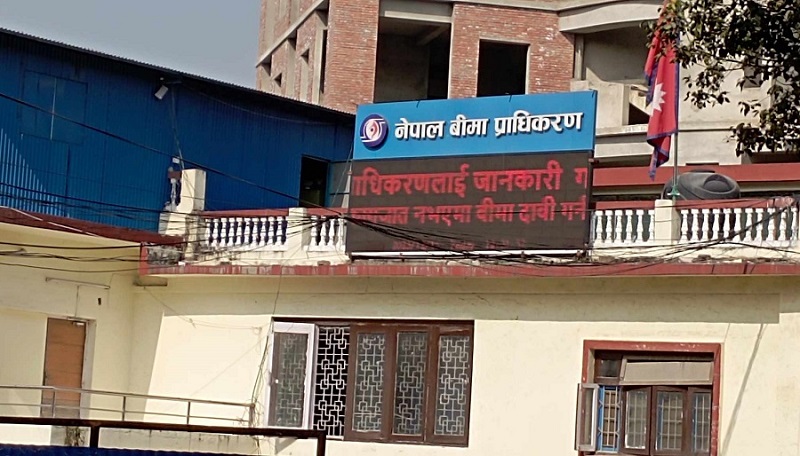UNESCO and Gender Scan Launch Survey to Enhance Gender Equality in STEM Fields
8 July 2024, Kathmandu
In a dedicated effort to promote inclusive opportunities in science and technology, UNESCO and Gender Scan have launched a comprehensive survey aimed at identifying the barriers and societal norms that hinder the full engagement of women and girls in STEM fields.
Your participation and support in distributing these surveys within your science and tech communities, including both professionals and students, are crucial for achieving comprehensive participation and robust data collection.
Survey for Professionals
Who is this survey for?
This survey targets all staff members of private, public, and civil society organizations and institutions working in science, engineering, technology, or mathematical fields. This includes teachers and academics, computer programmers, biologists, chemists, systems analysts, database administrators, engineers, and other related professions.
What does the survey involve?
The survey focuses on understanding the perception of gender equality within organizations, work organizations, career management, parental support, and sexist prejudices.
Survey Link for Professionals: UNESCO and Gender Scan Launch
Objective:
Insights from these surveys will be instrumental in shaping discussions at the upcoming G20 Summit in November 2024, as well as driving policy and advocacy efforts towards fostering gender equality in STEM within the context of Nepal.
We deeply appreciate your support in disseminating these surveys within your networks. Participation takes just 15 minutes and can be accessed via the provided link. Additionally, please help spread the word by sharing information about this survey on your social media platforms.
Together, we can amplify our voices and drive meaningful change in the pursuit of gender equality in STEM fields.
UNESCO & Huawei Select 5 Projects to Revitalize STEM Education in Europe
UNESCO and Huawei Technologies have selected five new projects under the “Revitalizing STEM Education to Equip Next Generations with STEM Competency” initiative.
This collaborative effort aims to rethink and revitalize the STEM learning model to address pressing societal needs and global challenges, contributing to the 2030 Agenda and the Sustainable Development Goals (SDGs), particularly SDG 4 (Quality Education), SDG 5 (Gender Equality), and SDG 9 (Industry, Innovation, and Infrastructure). Published in March 2024, the call for applications attracted 37 proposals, and in June, the Supervisory Board selected the five projects that will enhance STEM education across Europe.
The chosen projects include “Gender and STEM Education in Romania,” “Advancing Innovative STEM Education and Research in Earthquake Engineering towards Sustainable Environment: QUAKESAFE” in North Macedonia, “Integrating and Supporting STEM in the Educational Curriculum through UNESCO Microscience Experiments Project” in Romania, “Teaching Primary Mathematics through Problem-solving using Lesson Study” in Malta, and “TechBridge: Empowering Refugees and Migrants in Europe through Digital Education and Job Market Integration” in Germany.
These projects underscore a commitment to promoting diverse and innovative approaches to STEM education, fostering international collaboration, and sharing best practices across the region.







